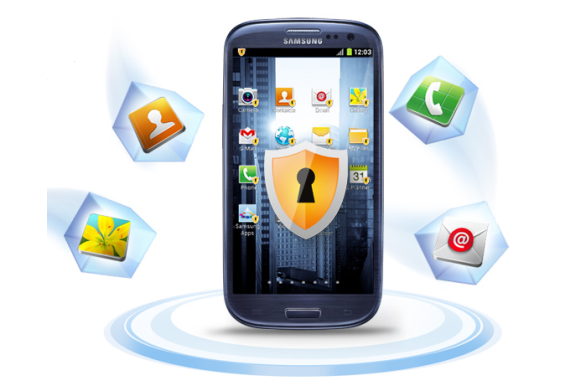The transition was not unexpected, but it was not about replacing the PC. Instead the tablet and smartphone have become one of the primary content consumption devices. Sure people are using them to post pictures and videos, but even this interaction is not true content creation. It is part of our social interaction and still falls into consumption (maybe self-consumption). Now it is because of this rapid transition that the mobile device (tablet or phone) is becoming one of the primary targets for malware.
There are a number of reasons for this, but the most widely recognized one is that most consumers are simply not aware of how much malware there is for mobile out there on the market. There are many readily available anti-malware apps on the market, but as in the 90s when malware first hit the streets for the computer, most people do not think they need it. It was not until a few years later that companies began bundling malware protection in their devices. Now the same thing is happening to the mobile world as Samsung has partnered up with Lookout Mobile security to bundle anti-malware into their Knox line of phones.
The thought is to provide the service to the customer right out of the box so that there is no need to pick an anti-malware app. This is in line with Samsung’s commitment to make the Knox line up the most secure Android phones you can buy. Although Samsung is only including this in their Knox phones, it is likely that this will lead to other manufacturers including anti-malware in their phones. Eventually, like the PC, some form of trial malware protection will start shipping on mobile devices in the next couple of years. Sadly, like the PC, this will not stop malware from being pushed out or prevent people from getting viruses on their mobile devices. I really do not think anything will ever be able to do that. First people are far too click happy (press happy?) and there is too much money to be made on both sides of the malware playing field.
Tell us what you think in our Forum




